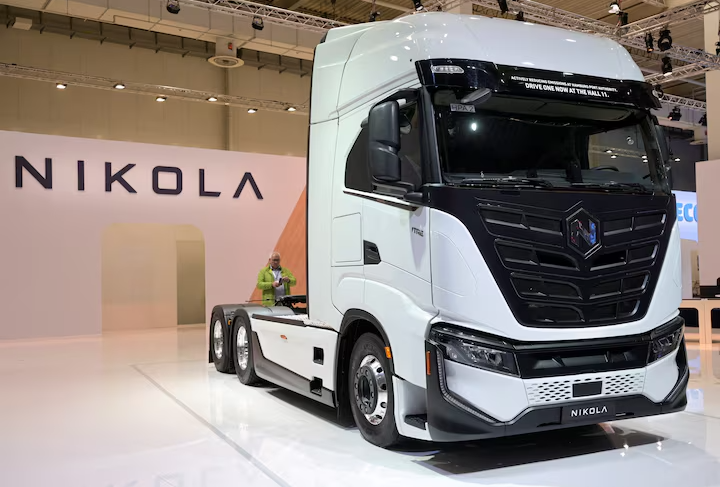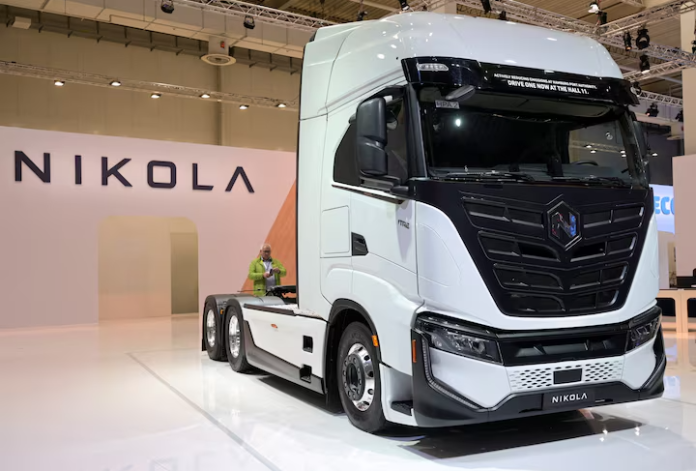Nikola Corporation, once a promising name in the electric vehicle (EV) industry, has officially filed for Chapter 11 bankruptcy. The company, known for its hydrogen and battery-powered trucks, is the latest casualty in an industry struggling with financial pressures, weak demand, and intense competition.
A Rocky Road to Bankruptcy
Founded with ambitions to revolutionize the trucking industry, Nikola soared to a peak market valuation of $27 billion in 2020. However, a series of setbacks—including leadership shake-ups, allegations of fraud, production challenges, and high operational costs—led to its downfall. As of its bankruptcy filing, the company’s market value had plummeted below $50 million.
Nikola’s troubles mirror those of other EV startups, such as Fisker, Proterra, and Lordstown Motors, all of which have struggled to secure funding in a high-interest-rate environment. Investors who once poured billions into the sector during the EV boom are now backing away due to slow adoption rates and tightening economic conditions.
Why Nikola Collapsed
Despite significant efforts to scale production, Nikola faced multiple challenges:
- Financial Struggles – The company reported a drastic decline in cash reserves, dropping from $464.7 million at the end of 2023 to just $47 million before entering bankruptcy proceedings.
- Production Costs – Nikola’s hydrogen-powered trucks, which were supposed to be a game-changer, lost hundreds of thousands of dollars per unit sold due to high manufacturing expenses.
- Safety Concerns – A series of vehicle fires in 2023 led to recalls and raised questions about the reliability of Nikola’s technology.
- Leadership and Fraud Scandals – Founder and former CEO Trevor Milton was convicted of fraud in 2022 and sentenced to four years in prison, severely damaging the company’s reputation.
- Market Conditions – Rising borrowing costs and waning consumer interest in EVs, even for industry leader Tesla, have made survival difficult for newer players.

What Happens Next?
Nikola has initiated a sale process to liquidate assets and wind down operations. However, the company will continue offering limited support for its existing trucks and hydrogen fueling stations until March.
While the bankruptcy marks the end of Nikola’s independent operations, it’s unclear whether a buyer will emerge to salvage any part of the business. Analysts believe that the EV industry’s future remains uncertain, with high costs and increasing competition from traditional automakers squeezing out startups.
Could this signal the end of the EV startup boom? Let us know your thoughts in the comments below!



